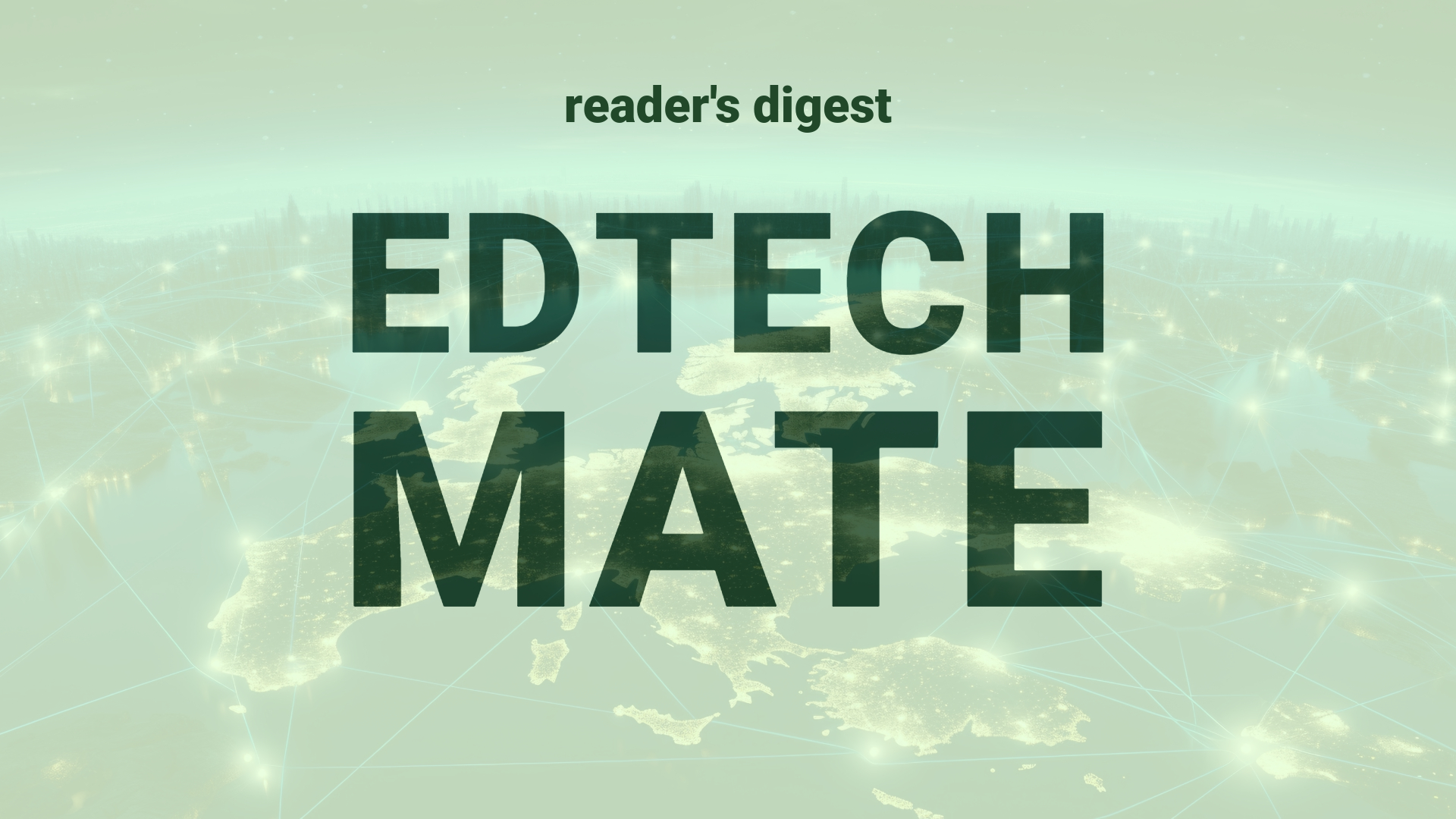“`html
Executive Summary and Main Points
In examining the landscape of scientific careers, we observe a persistent imbalance between the number of PhD graduates and the available academic positions, resulting in prolonged postdoctoral roles without guaranteed permanent employment. This trend, first identified in an article from 1999, has continually escalated, causing a significant impact on career progression for scientists and academics. Despite the prestige associated with academia, many find themselves in financially precarious situations, bound to short-term contracts and obliged to chase grants rather than engage in meaningful research.
Potential Impact in the Education Sector
The oversupply of PhDs has a ripple effect across Further Education, Higher Education, and the field of Micro-credentials. Institutions are likely to coddle a competitive environment where strategic partnerships and digitalization may pivot towards pragmatic skill-building, industry alignment, and innovation to ensure employability outside academia. An academic’s value in the higher education marketplace is increasingly measured by their ability to procure funding rather than contribute original research, which could further incentivize a shift toward applied sciences and professional education.
Potential Applicability in the Education Sector
AI and digital tools have the potential to reshape global education by enabling personalized learning paths that align with industry demands and real-world skills. Higher education could leverage these technologies to design micro-credentialing systems that validate competencies and foster lifelong learning, potentially reducing the pressure on traditional academic roles and broadening career opportunities for PhD holders.
Criticism and Potential Shortfalls
While digital transformation and AI integration promise to modernize the education sector, they also bring ethical and cultural concerns, such as data privacy, bias in algorithmic decision-making, and the homogenization of educational experiences. Comparative international case studies indicate that the uncritical adoption of technology in education could exacerbate inequalities and ignore local context or pedagogical diversity. A critical analysis must evaluate the balance between innovation and the preservation of the academic ethos.
Actionable Recommendations
Educational leaders should consider expanding career services and mentorship for PhD students, focusing on diverse career outcomes beyond academia. They can implement AI-driven career guidance systems and foster industry-academia collaborations to ensure relevant training. Additionally, further investment in institutional infrastructures that support innovative research and offer more job stability can enhance the overall system’s health in global higher education.
“`

